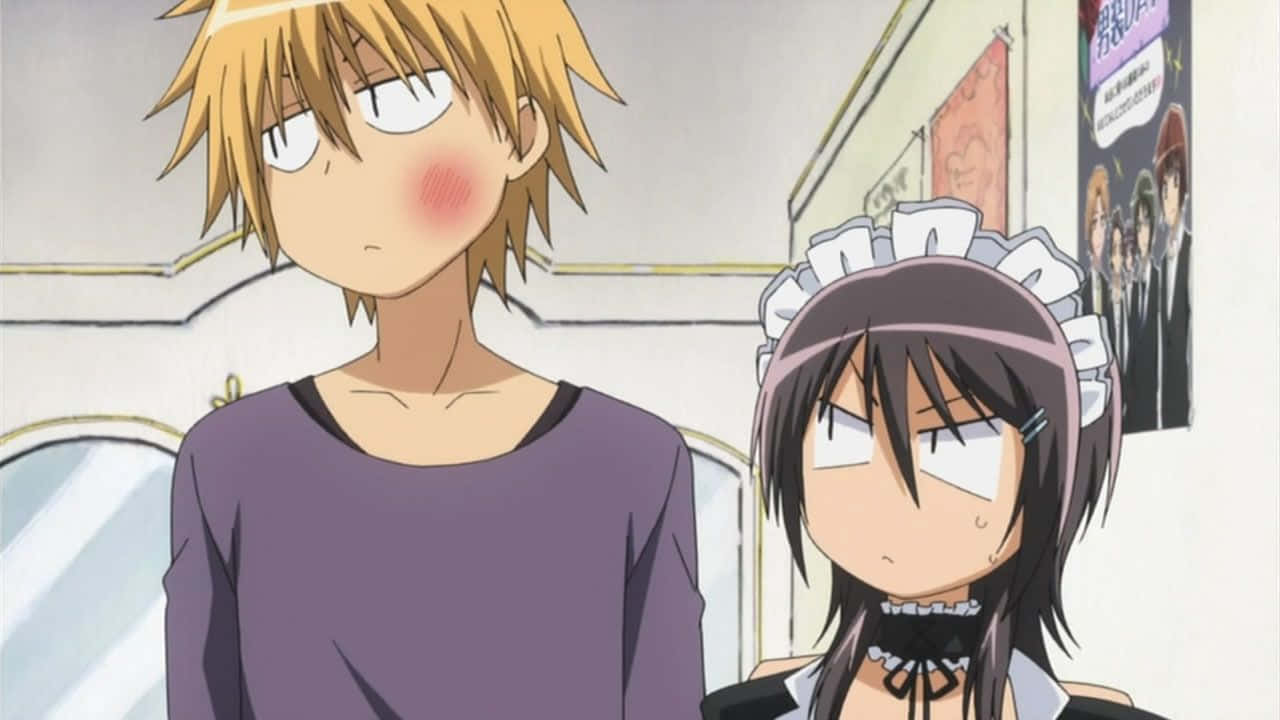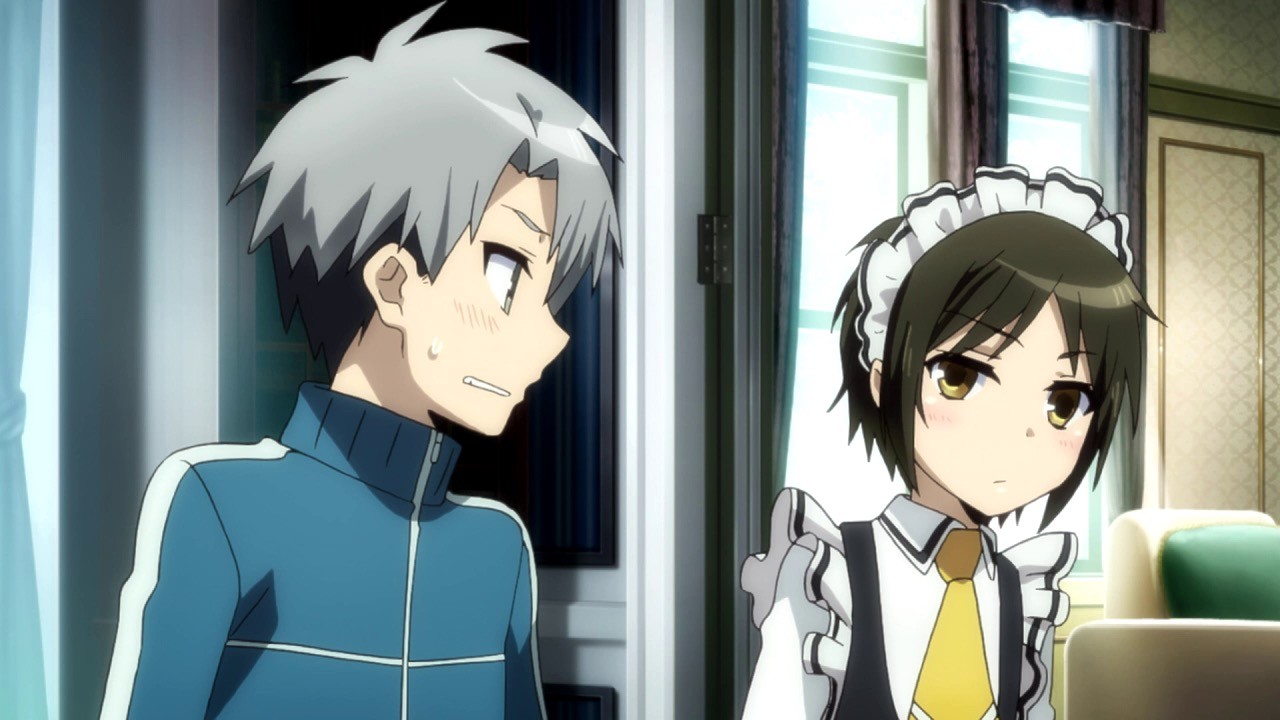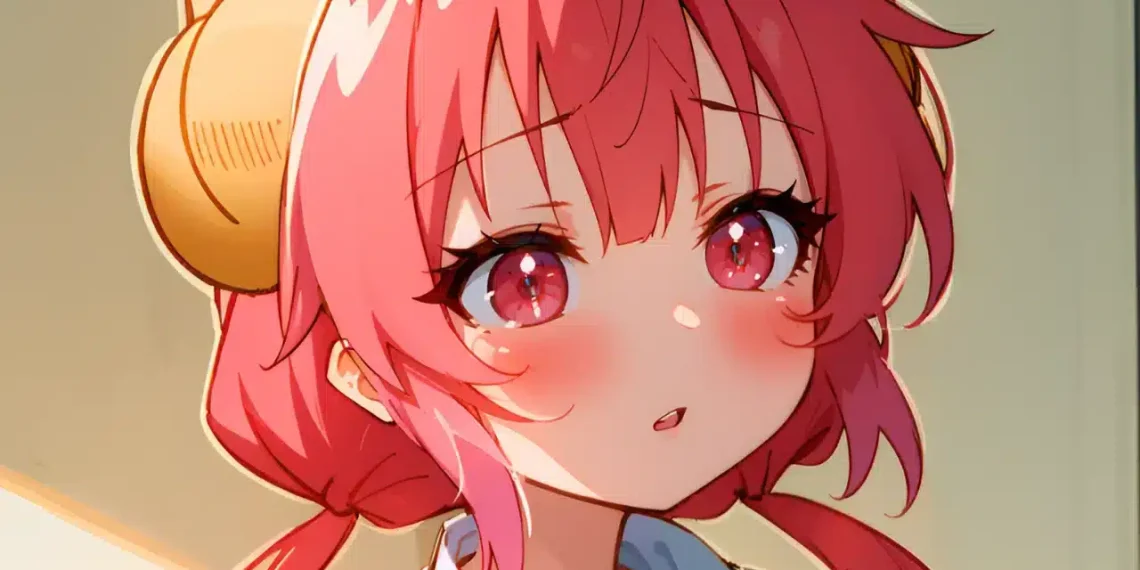In a speech that has since gone viral, United Nations special rapporteur Dr. Petra Wendelin called Japan’s loli culture “a form of child abuse in disguise.” Speaking at a Geneva-based UN child protection summit, she condemned anime and manga depicting youthful-looking characters in sexualized scenarios. Her remarks were met with shock, applause, and immediate outrage from anime communities.
Within hours, social platforms were ablaze. While many human rights advocates supported the sentiment, anime fans and artists fiercely pushed back, accusing the UN of conflating fictional art with real harm. What began as a speech soon spiraled into a global ideological clash between freedom of expression and the protection of minors.
Japan’s Response and Cultural Friction

Japanese officials responded cautiously. In a press briefing, the Chief Cabinet Secretary reiterated Japan’s long-standing defense of its creative industries, emphasizing that fictional characters “do not equate to real children.” He also stressed that Japan has its own legal frameworks regarding child exploitation, which focus on actual harm, not drawn art. The Agency for Cultural Affairs reaffirmed support for artistic freedom while stating that international concerns would be “carefully reviewed.”
Japanese creators voiced strong opposition. Manga artists like Ken Akamatsu condemned the speech as moral colonialism, accusing the UN of misunderstanding Japan’s media traditions. Supporters argue that loli is a distinct, stylized aesthetic—rooted in manga history and separate from child exploitation. They argue that banning fictional depictions based on appearance opens the door to suppressing all artistic ambiguity.
Meanwhile, Western critics praised the UN’s hardline stance. Several EU politicians echoed Wendelin’s sentiments, calling on Japan to align with international child protection standards. Child advocacy groups such as ECPAT International urged global streaming platforms to de-platform works featuring loli content, pressuring companies like Crunchyroll and Netflix.
Internet Erupts in Culture War

Online, the fallout has fractured communities. Reddit threads, YouTube comment sections, and anime forums are full of heated arguments. Hashtags like #LoliIsNotOkay and #ProtectArt trended simultaneously on Twitter, with each side accusing the other of moral extremism or cultural insensitivity. Some artists even reported mass reporting campaigns on platforms like Pixiv and DeviantArt, citing “misuse of UN rhetoric to harass creators.”
Proponents of the UN’s statement argue that normalizing infantilized sexuality—even in fiction—feeds dangerous worldviews and creates blind spots in society. They assert that no artistic merit can justify content that mimics abuse, even symbolically. Critics counter that fictional depictions cannot be policed by subjective feelings and that slippery slope logic could endanger all controversial art.

While no legal changes have yet occurred, several UN member states are reportedly discussing digital content regulation proposals. Japan remains firm in defending its domestic industries, but pressure from global watchdogs may force a reevaluation of what anime content crosses ethical lines.
With cultural pride, artistic freedom, and child safety now intertwined, one speech has shattered any illusion of consensus—and turned anime’s most contentious trope into a worldwide flashpoint.




